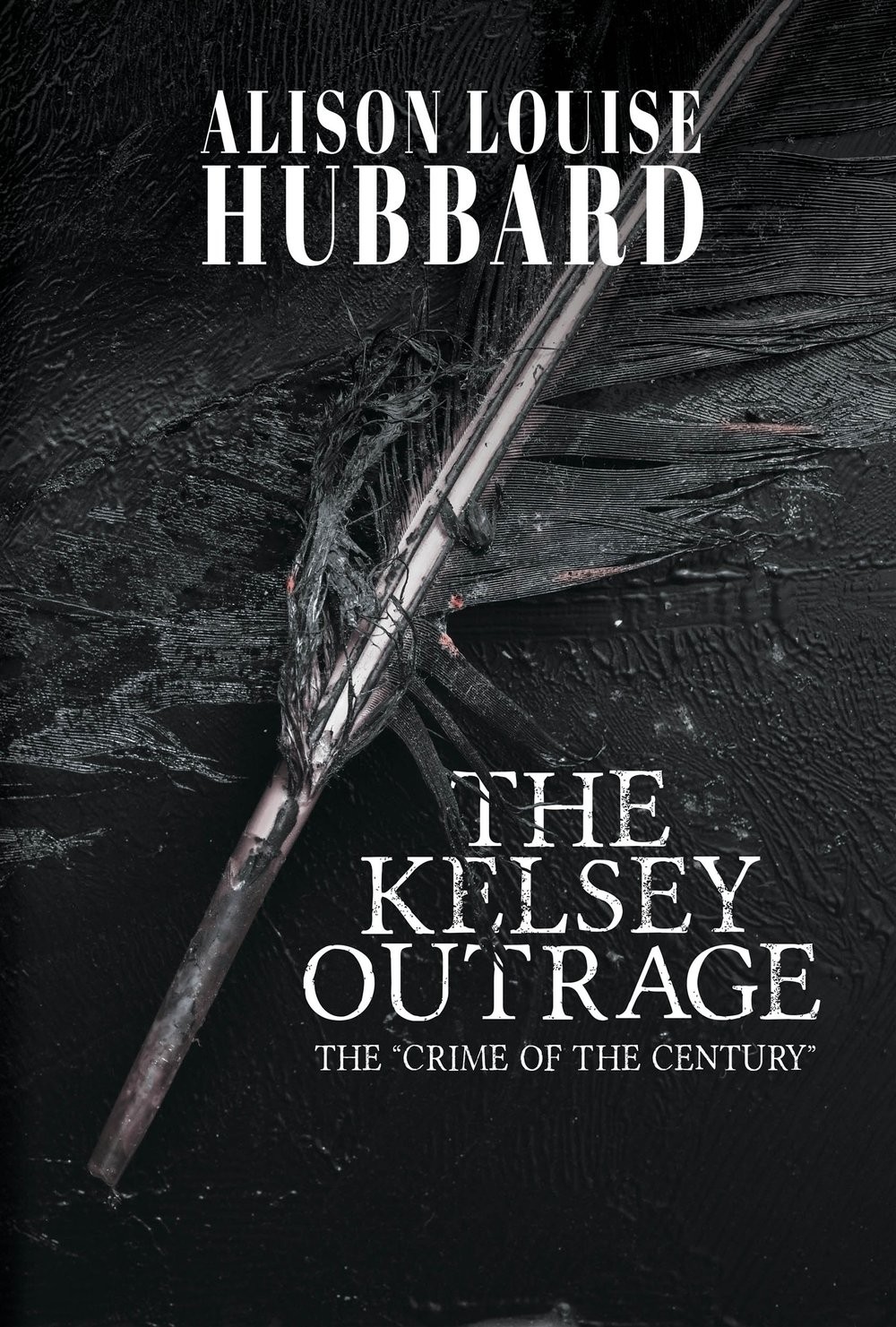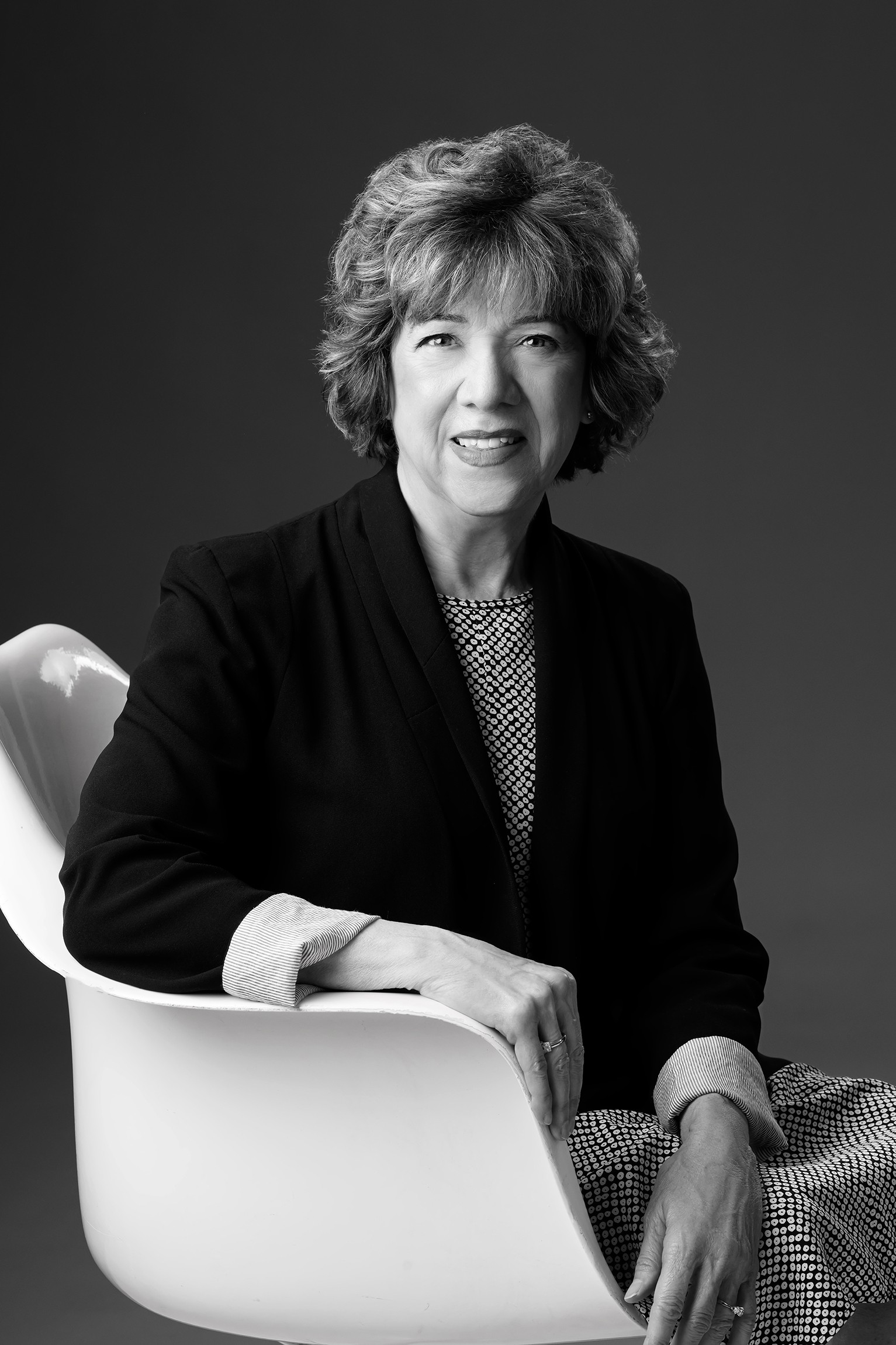We recently connected with Alison Hubbard and have shared our conversation below.
Alison, thanks for taking the time to share your stories with us today Is there a historical figure you look up to? Who are they and what lessons or values have you learned from them?
I look up to the legendary lyricist, Edgar “Yip” Harburg. The magical afternoon I spent with him when I was twenty-four years old changed my life. Yip had written, among others, “Brother, Can You Spare a Dime?”, “Paper Moon,” and the score for THE WIZARD OF OZ. Here I was, a young public school music teacher, taking the elevator up to his well-appointed apartment on the Upper West Side. In my pink and cream swingy skirt and brown boots, carrying my songs in my briefcase, I felt as if I was going to see the wizard.
A friend of a friend knew Yip, and told me to write a letter asking if I could come and play my songs for him. I did one better and sent him a light verse poem. It delighted him, and arrangements were made.
He was a short man with gray hair and an enormous smile that lit up his entire face. I sat at his grand piano and played two songs. He was very taken with them and gave me a few pointers about lyric writing. We talked about his career; and he called himself “the original rainbow guy—” because he had written the musical FINIAN’S RAINBOW as well as “Somewhere Over the Rainbow.” But now, he admitted, he was disillusioned with the music business. It was difficult to get work, and the quality of what was being produced was lacking.
As I waited for the elevator, he told me I was very talented. “You were born too late,” he said ruefully. I left the wizard and returned to Long Island. Not long after, I quit my teaching job, walked away from my marriage, and began writing for musical theatre while teaching private flute lessons as a “day job.” At the prestigious BMI Workshop (now the BMI Lehman Engel Musical Theatre Workshop) in Manhattan, I met Kim Oler, a composer, who became my writing partner. Over the next twenty-five years, our shows were produced, published and awarded major industry prizes, including two Richard Rodgers Awards, given by the American Academy of Arts and Letters.
The lessons I learned from Yip that afternoon about lyric writing—don’t rhyme every syllable of a multisyllabic word; be consistent with your internal rhyme scheme in the next verses—were incorporated into every lyric I wrote after that. But what I recall most of all was his insistence on standards, quality and truth. This was a man who had refused to name names when he was accused of being a communist and didn’t work for twelve years. He stood for something and had the courage to stand up for it. That resonated with me and became part of my ethos. But his words about the music business also came back to haunt me. In time it got hard for me, as it had gotten for Yip. One of the most rewarding things about musical theatre is the collaboration. But it is also one of the most frustrating things. There are many people involved in getting even the smallest show produced. It requires total commitment from producers who can raise a great deal of capital. I had many productions that seemed ready to pop but fizzled. It wore me down. But I still had a burning desire to write, which led me to shed my lyricist skin and become a novelist.

As always, we appreciate you sharing your insights and we’ve got a few more questions for you, but before we get to all of that can you take a minute to introduce yourself and give our readers some of your back background and context?
My novel, THE KELSEY OUTRAGE, The “Crime of the Century,” was published by Black Rose Writing this past January. The road to publication involved inspiration, education and hundreds of revisions.
My inspiration was an enamel plaque on a side street in my town, marking the spot where a man named Charles Kelsey had been tarred, feathered and murdered in 1872. Wait, what? I thought. Here? I did some causal research. What had happened was a total anomaly in the north. It involved a love triangle and a large group of well-heeled churchmen dressing up in suits and masks. The event, and the subsequent attempt to cover it up, nearly destroyed my town. A spark of curiosity became a bonfire as I haunted the archives of my town library, Town Hall, Historical Society and the Riverhead Court. This was an amazing story, right under my nose. I began to write and didn’t stop until I had finished the first draft. It was complete. It was readable. It was crap.
Writing lyrics and writing prose are two different crafts. Here’s where education comes in. In order to learn the rules of this new game I took novel writing classes at the NYU School of Professional Studies and the New School; attended workshops at the University of Iowa, Kenyon Review, New York State Summer Writers and Bread Loaf, among others; and joined a select writers’ group that meets monthly in NYC. I also became an insatiable reader, consuming books with my eyes and my ears, two or three at a time.
I regret that I didn’t read more when I was younger. I’ve done everything in my power to make up for lost time.
The revisions took years to complete. My book underwent several significant, and important changes. It became fictional. A minor character —the victim’s sister—stepped up to become a “twin detective” along with the constable. I honed down the number of POV (point of view) characters to five. And I cut, cut, cut to try to create something lean and vivid that would achieve the one aim every writer must have: to get readers to turn the page.

What’s the most rewarding aspect of being a creative in your experience?
My insatiable need to create is a defining feature of who I am. It’s not been easy for me, or for those around me. So I would have to say sheer, dogged determination is one thing that sets me apart. The other thing is a commitment to creating something that’s as good as I can make it. I don’t half-ass it with any aspect of my work. My mom, who was a designer, said “The design is complete not when you can’t add anything, but when you can’t take anything away.” I live by that and keep shaping, cutting, sculpting, until I feel it’s complete. The most rewarding part of being a creative in this genre has been the thrill of seeing my
book in print, and the positive responses from readers.
Is there a particular goal or mission driving your creative journey?
I’m committed to truth, and everything I write reflects who I am: my values, my wishes, my thoughts about what it means to be human. My short stories and my novel encompass the themes of love, hatred, life, death, marriage, aging, family. I have a particular interest in secrets. Although my stories plumb the depths of human depravity, I believe they are hopeful. If I kept anything from Yip Harburg, it would be a few rainbows.
Contact Info:
- Website: https://www.alisonlouisehubbard.com/
- Instagram: https://www.instagram.com/alisonhubbardauthor/
- Facebook: https://www.facebook.com/profile.php?id=100092727800744
- Linkedin: https://www.linkedin.com/in/alison-hubbard-writer/


